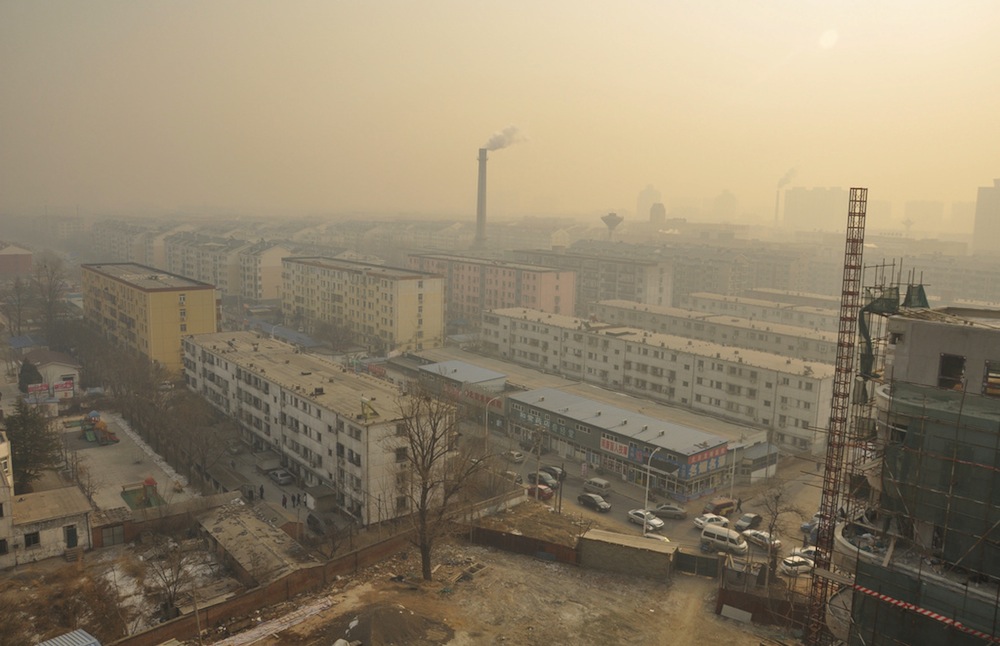This story was originally published by Wired and is reproduced here as part of the Climate Desk collaboration.
When the U.S. Embassy in Beijing started tweeting data from an air-quality monitor, no one could have anticipated its far-reaching consequences: It triggered profound change in China’s environmental policy, advanced air-quality science in some of the world’s most polluted cities, and prompted similar efforts in neighboring countries.
As the former Regional Strategic Advisor for USAID-Asia, I have seen first-hand that doing international development is incredibly difficult. Billions of dollars are spent annually with at best mixed results and, even with the best intentions, the money often fails to move the needle. That is why I was so inspired by the story of the U.S. Embassy’s low-cost, high-impact development project. They tapped into the transformative power of democratized data, and without even intending to, managed to achieve actual change.
Here’s how it happened.
In 2008, everyone knew Beijing was polluted, but we didn’t know how much. That year, the U.S. Embassy in Beijing installed a rooftop air-quality monitor that cost the team abo... Read more
